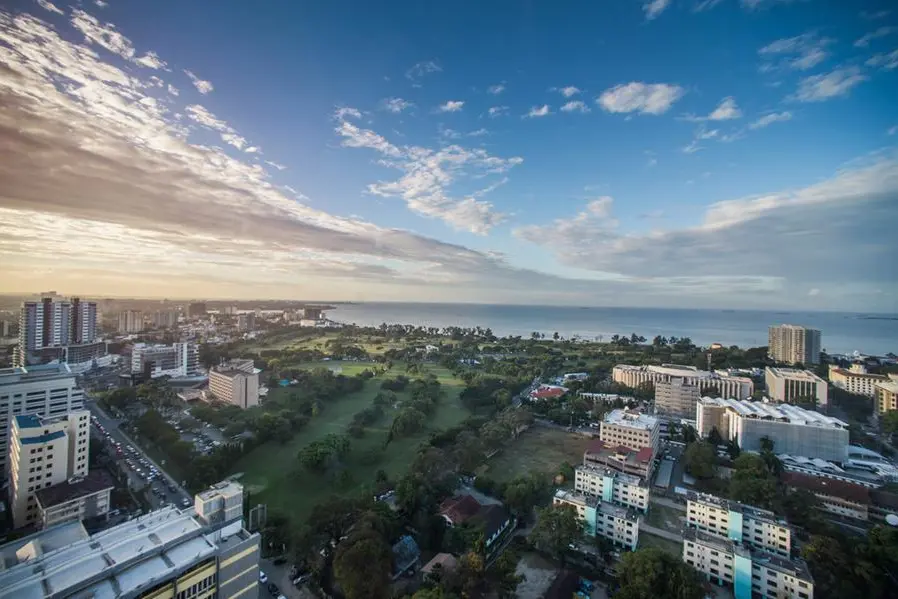PHOTO
Tanzania has opened negotiations with Washington in an attempt to circumvent the latest restrictions imposed by the Donald Trump administration on citizens of African countries planning to travel to the US.
This followed the State Department’s announcement that a further 36 countries, primarily in Africa, would be added to the list of countries whose nationals are denied visas by the US.“We have seen the US government statement requiring us to work on some immigration issues that may cause Tanzanian citizens to be denied entry to the US, and already the Ministry of Foreign Affairs has initiated discussions with our US counterparts on the matter,” government spokesman Gerson Msigwa said in a statement on Wednesday.“Our aim is to understand what areas need to be fixed, particularly those relating to consular issues, in order to speed up Tanzania’s removal from the latest US red list. We will continue to keep Tanzanians posted on how the consultations are progressing,” Mr Msigwa added.
On June 14, the US State Department announced that the US could include Tanzania and 24 other African countries on the original list of 19 countries whose citizens have been fully or partially banned from entering the US.
The State Department cited concerns over visa overstays, terrorist or antisemitic activity, and the difficulty of verifying the authenticity of identity documents presented by citizens of the listed countries upon arrival in the US. It said that the affected countries must provide evidence of effective remediation plans by Wednesday, June 18.“They must take immediate action to mitigate ongoing vetting and screening concerns, develop corrective action plans to remediate deficiencies and evaluate progress,” the notice said.
It asserted that these measures were necessary to prove that “we (the US) remain committed to protecting our nation and its citizens by upholding the highest standards of national security and public safety through our visa process.”Apart from Tanzania, the new list included Angola, Benin, Burkina Faso, Cameroon, Cape Verde, the Democratic Republic of Congo, Djibouti, Ethiopia, Egypt, Gabon, Gambia, Ghana, Cote d’Ivoire, Liberia, Malawi, Mauritania, Niger, Nigeria, São Tomé and Príncipe, Senegal, South Sudan, Uganda, Zambia and Zimbabwe.
On June 4, President Trump issued a proclamation fully banning citizens of 12 countries from entering the US: Afghanistan, Myanmar, Chad, the Republic of Congo, Equatorial Guinea, Eritrea, Haiti, Iran, Libya, Somalia, Sudan and Yemen.
He also imposed a partial travel ban on seven more countries — Burundi, Cuba, Laos, Sierra Leone, Togo, Turkmenistan and Venezuela — saying their citizens would not be allowed to enter the US permanently or get tourist or student visas, but could only travel there on business trips.
According to the State Department, categories of concern included the lack of competent government systems to produce reliable identity documents and criminal records, dubious passport security, significant rates of visa overstays, a lack of cooperation in taking back citizens being deported from the US, and selling citizenship to people who do not live in their countries.
It said in its latest announcement that the issues differed from country to country, but did not delve into the specifics of each case.
But it also offered affected governments a deal where they could get a reprieve by agreeing to accept citizens from other countries that the US was trying to deport but could not repatriate, or to serve as a “safe third country” that took in US asylum-seekers.
© Copyright 2022 Nation Media Group. All Rights Reserved. Provided by SyndiGate Media Inc. (Syndigate.info).





















